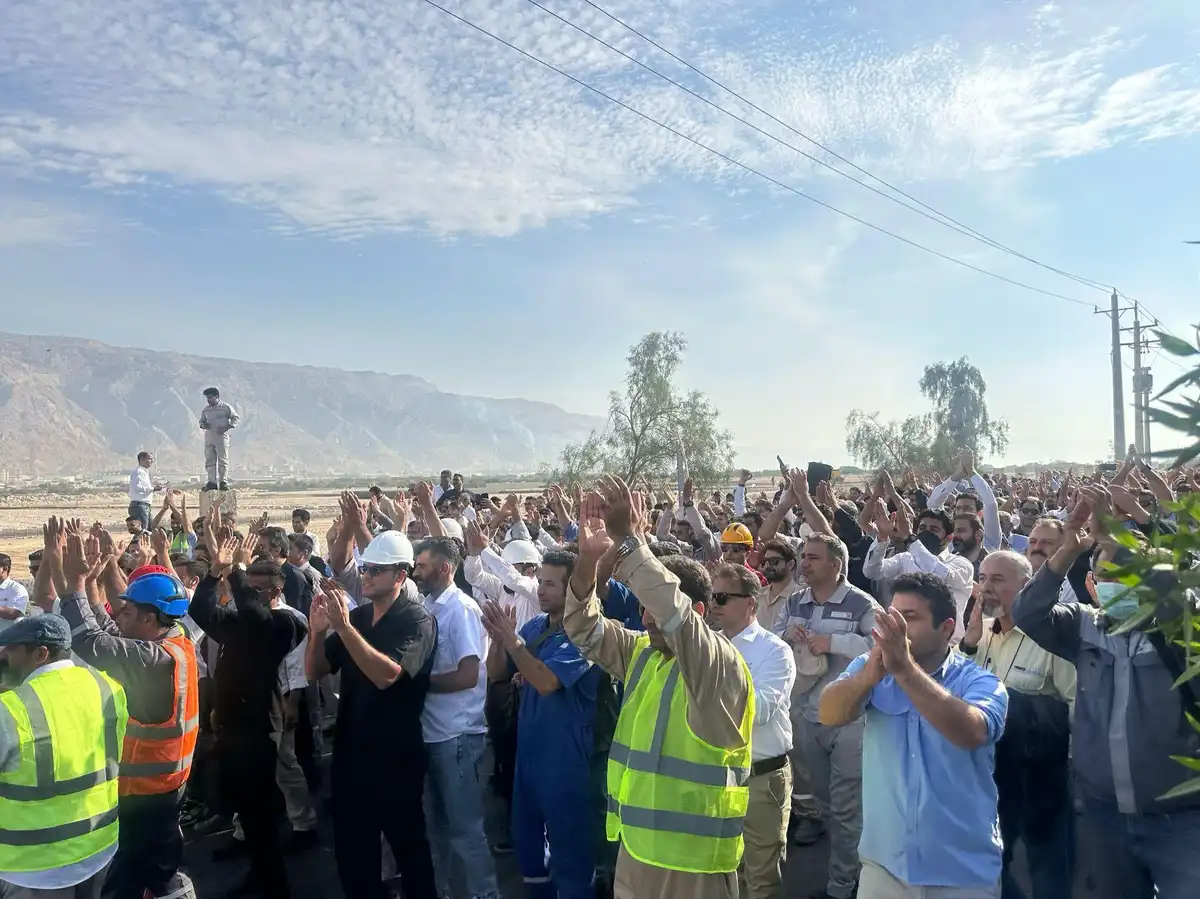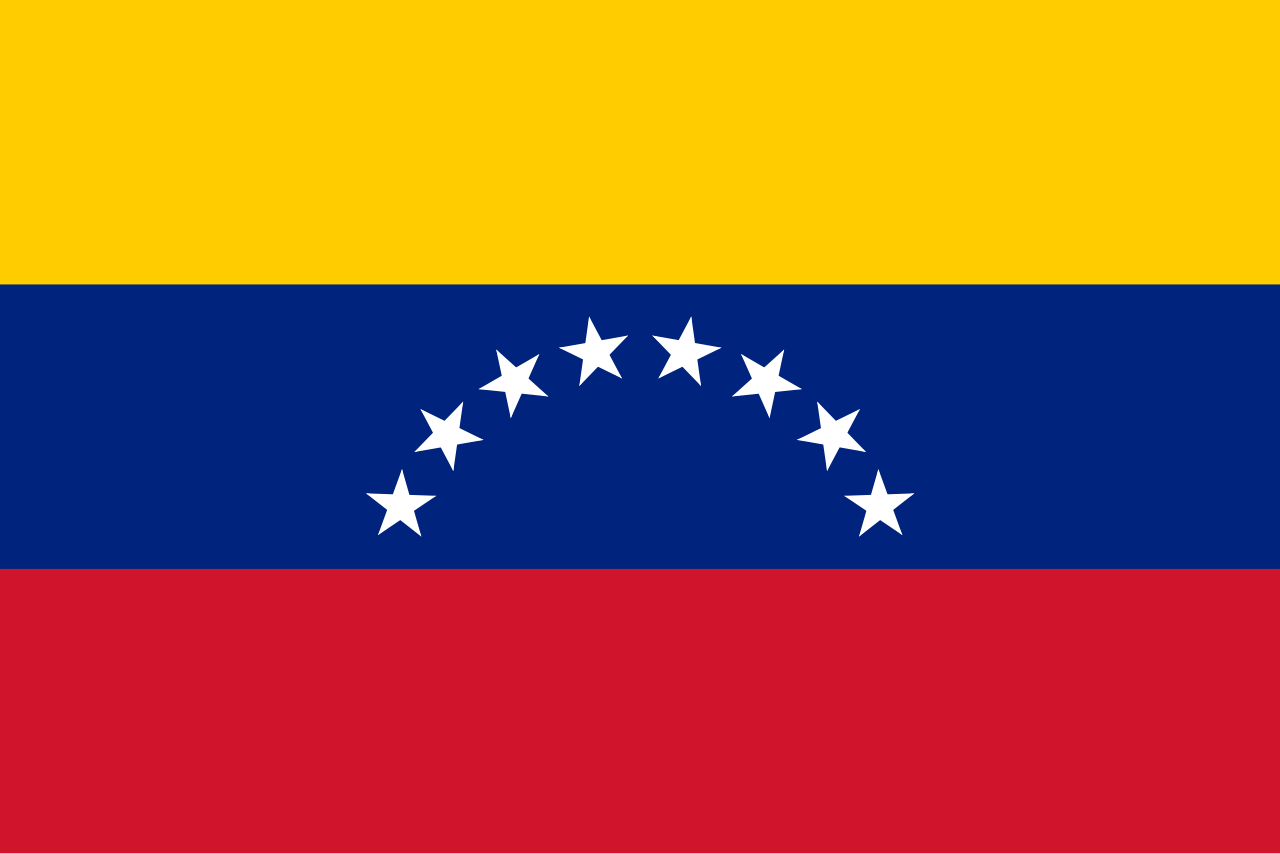Lest we forget: 48 Japanese prisoners of war massacred in Featherston following a peaceful protest. New Zealand’s army taking part in the dismemberment of the Korean peninsula, and working with the US army of occupation in post-war Japan to deport Koreans. New Zealand’s military commitment to the war against Vietnam’s national liberation. A decade of military support for the US occupation and torture of Afghanistan. Gallipoli, the invasion of Turkey as part of an imperialist war; millions of working-class lives lost for empire. The “Malayan Incident”, New Zealand’s part in crushing a national liberation campaign in the service of the British Empire. The Land Wars, robbing Maori of their land. ‘We’ punch above ‘our’ weight on the world stage, all right; in the service of profits, imperialism, and oppression.
ANZAC Day is not about ‘our’ freedoms; these were won through protest and dissent at home, not by military repression abroad. It’s a day glorifying militarism, imperialism, colonialism. It’s an emotional manipulation of popular memory in the service of unpopular war.
Who do we honour? Princess Te Puea Herangi, leader of the anti-conscription movement in the Waikato in World War One, and enemy of the government and war. She provided a refuge on her farm for Maori on the run from conscription. The Mau, Samoa’s independence fighters gunned down by New Zealand troops. The rebels of the Progressive Youth Movement, disrupting the drink-sodden pieties of 1960s’ ANZAC services to protest Vietnam. The anti-war figures in WWI jailed for their beliefs. They did not cease.
*
‘Sonnet to MacArthur’s Eyes’
General MacArthur looked down on the bodies of four young Korean soldiers. ‘That’s a good sight for my old eyes,’ he said (Newspaper report)
I have known old eyes that had seen many more
aspects of warfare than this man has seen –
eyes that looked on Gallipoli or the keen
edge of battle with the Boer or in even older war
had known Balaclava and the Mutiny’s evil score:
such eyes I’ve known them old have always been
eager to see spring flowers and the youth who mean
mankind’s spring after winter’s war. Never before
Have I known of anyone whose old eyes rejoice
to see young men lying dead in their own land,
never have I known one who of his own choice
follows up the machines of death to take his stand
over the slain and in a quavering voice
declaim his joy at youth dead beneath his hand.









